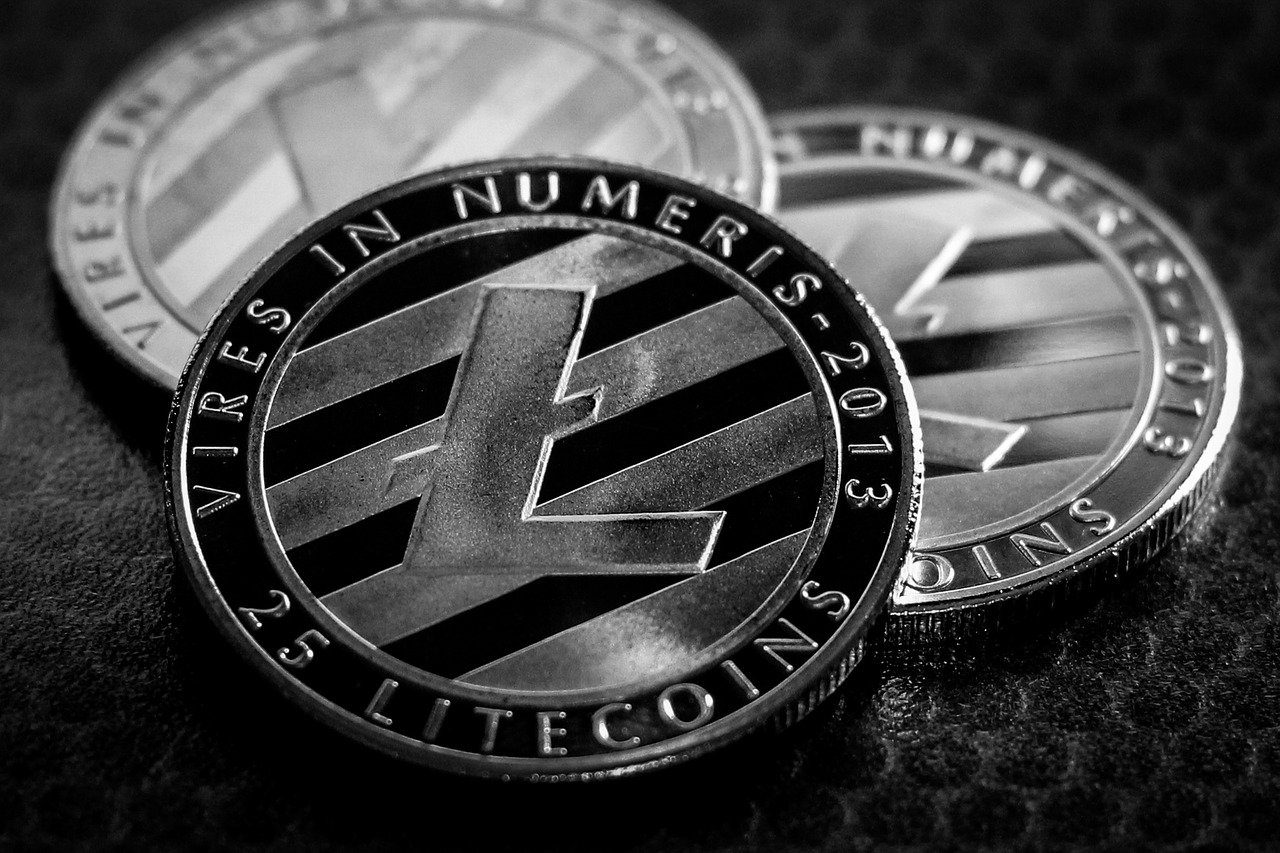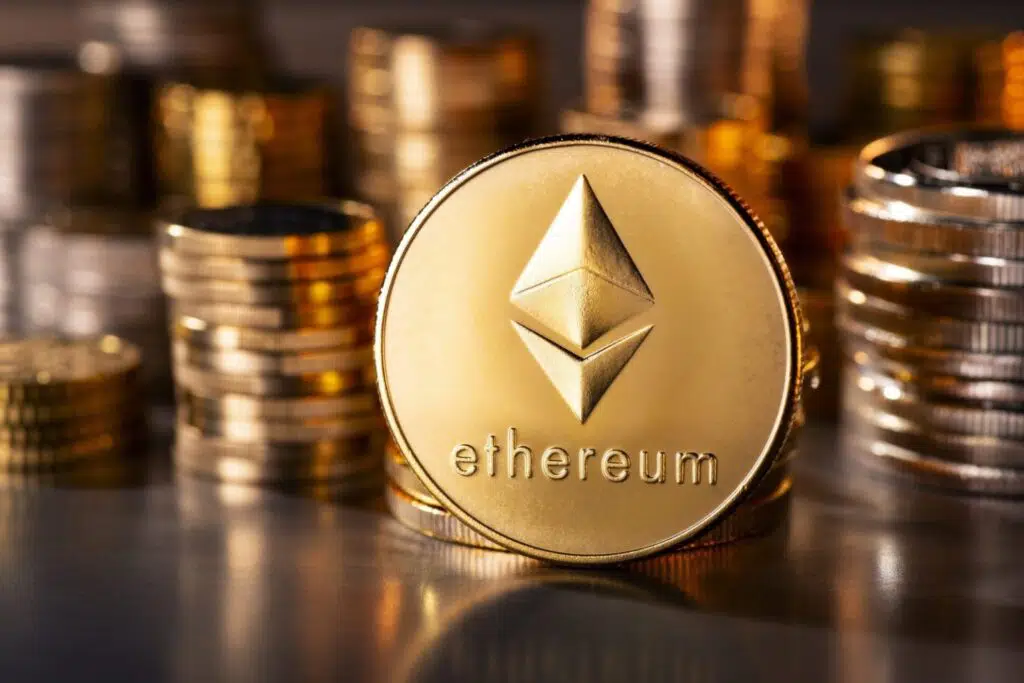Table of Contents
Cryptocurrency never rests, and every year, investors are burdened with the same frustrating question: which digital currency deserves their money? Among a sea of cryptocurrencies, Litecoin (LTC) and Ethereum (ETH) are perhaps the most widely debated. The two currencies have a solid history, but they differ in terms of usage, scalability, and potential appreciation value. Purchasing Litecoin or Ethereum requires insight into their usage, growth opportunities, and risk.
This article demystifies each coin, reveals its associated risks, and provides you with risk-free investment strategies that help you make a wise choice.
What is Litecoin (LTC)?

Litecoin arrived in 2011 as one of the early transaction solution alternatives to Bitcoin. Charlie Lee created it, and it is built with new speed, efficiency, and affordability. LTC transactions are verified faster than Bitcoin and at a fraction of the cost, making it perfect for micropayments.
Litecoin found its place as a stable medium of exchange, not as a vehicle for enabling sophisticated applications in the long run. It is mostly used by most traders because it is dependable, and a total supply of 84 million coins creates scarcity. Less speculative than newly introduced tokens, Litecoin has a stable use case as a “digital silver” of the cryptocurrency world.
What is Ethereum (ETH)?

Ethereum, launched in 2015 by the founder Vitalik Buterin, transformed cryptocurrency with the implementation of smart contracts and decentralized applications (dApps).
ETH is not just money in the virtual world like Litecoin, but powers mass-scale ecosystems such as decentralized finance (DeFi), non-fungible tokens (NFTs), and blockchain gaming. Ethereum’s continuous growth, specifically its migration to proof-of-stake with Ethereum 2.0, all functions towards reducing fees, increasing transaction per second speeds, and becoming energy-friendly. This development keeps ETH ahead of blockchain development. As both a platform and a currency, it has greater usage and long-term demand than Litecoin.
Litecoin vs Ethereum: Investment Potential
Litecoin’s longevity potential suggests strength, but its growth value is more likely to be limited than larger endeavors. Ethereum, on the other hand, offers more potential for upward directionality with applications in DeFi, NFTs, and tokenized assets. Institutional usage still prefers ETH because of its multi-use case. Experts are projecting ETH to maintain its leadership in market cap and developer activity.
Litecoin may be a hedge against the volatility of Bitcoin, but the wide range of use cases for Ethereum is more appealing for investors for long-term value appreciation.
Risks and Challenges
Price Volatility for Both Coins
Both Litecoin and Ethereum experience profound price volatility. LTC will move higher or lower depending on the whims of market sentiment, while ETH does so depending on news about its network and trading activity in DeFi markets. Short-term traders will have to prepare for wild movements, while long-term traders consider volatility a blessing.
Regulatory Risks
Global regulation is a risk, too. Governments suppressing cryptocurrencies can influence liquidity and accessibility. Ethereum is under scrutiny because of staking services and DeFi use, and Litecoin can join the list of other altcoins of dubious legality. New investors must take precautions and watch out for new policies before investing too much.
Technical Challenges (ETH 2.0 Progress, LTC Adoption Challenges)
Ethereum keeps making the transition to Ethereum 2.0, and complete scalability remains in progress. Any weakness or delay disenfranchises confidence in the network. For Litecoin, adoption is the issue. Irrespective of the smooth integration of LTC into payment networks, being less cutting-edge than ETH discourages long-term growth potential. Investors must wonder if Litecoin has what it takes to be competitive in a multi-aspect blockchain-dominated landscape.
Litecoin vs Ethereum: Which to Purchase?
Whether to invest in Ethereum or Litecoin in (year) depends on risk and investment goal.
Litecoin is the choice if you want established, faster, lower-cost, modest appreciation. Use Ethereum if you want exposure to decentralized apps, institutional money, and maybe a higher long-term return at greater risk. Others prefer to hold both, distributing LTC’s role as a transaction medium with ETH’s value proposition due to innovation. Diversification is always the wiser choice in this uncertain market.
How to Safely Invest in LTC or ETH
1. Choose Top Crypto Exchanges
Invest in ETH or LTC through well-established crypto exchanges like Kraken, Coinbase, or Binance. The exchanges offer liquidity, ease of use, and compliance with primary regulations. Always consider withdrawal options and fees offered prior to investing.
2. Select Between Hot and Cold Wallets
An online (hot) wallet will suffice in case of regular trades, but a hardware (cold) wallet will be ideal for long-term storage. Large investors will have to opt for cold wallets like Ledger or Trezor.
3. Risk Management and Security Tips
Allow two-factor authentication (2FA), use secure passwords, and do not leave coins in exchanges for long periods. Diversify in assets to prevent exposure to instant price drop. Staying updated on market news and network development minimizes risk and maximizes decision-making.
Frequently Asked Questions (FAQs) About Litecoin vs Ethereum
Is Ethereum better than Litecoin for a beginner?
Yes. Ethereum offers new users room to learn and expand in terms of DeFi and dApps, and new users can easily utilize Litecoin because it has a less complicated payment feature.
Can Litecoin surpass Ethereum?
Not in the long run likely. Unless Litecoin radically evolves into something beyond payments (and beats ETH in developer adoption), Ethereum will always stay far ahead.
Should I invest in both LTC and ETH?
Indeed, if you can. Both diversify your portfolio, combining LTC’s transactional emphasis with ETH’s innovation.
How much should I invest?
You can start with as little as $10 on most sites, as both LTC and ETH are fractional investment-friendly.
Conclusion
In (year), Litecoin remains a sound digital payment vehicle, and Ethereum remains the innovation leader in blockchain technology. Buyers will need to opt for stability with lower upside or greater risk with greater growth potential. The compromise would be to hold both investments based on sound investment principles and robust security measures.
Last updated on September 10, 2025

